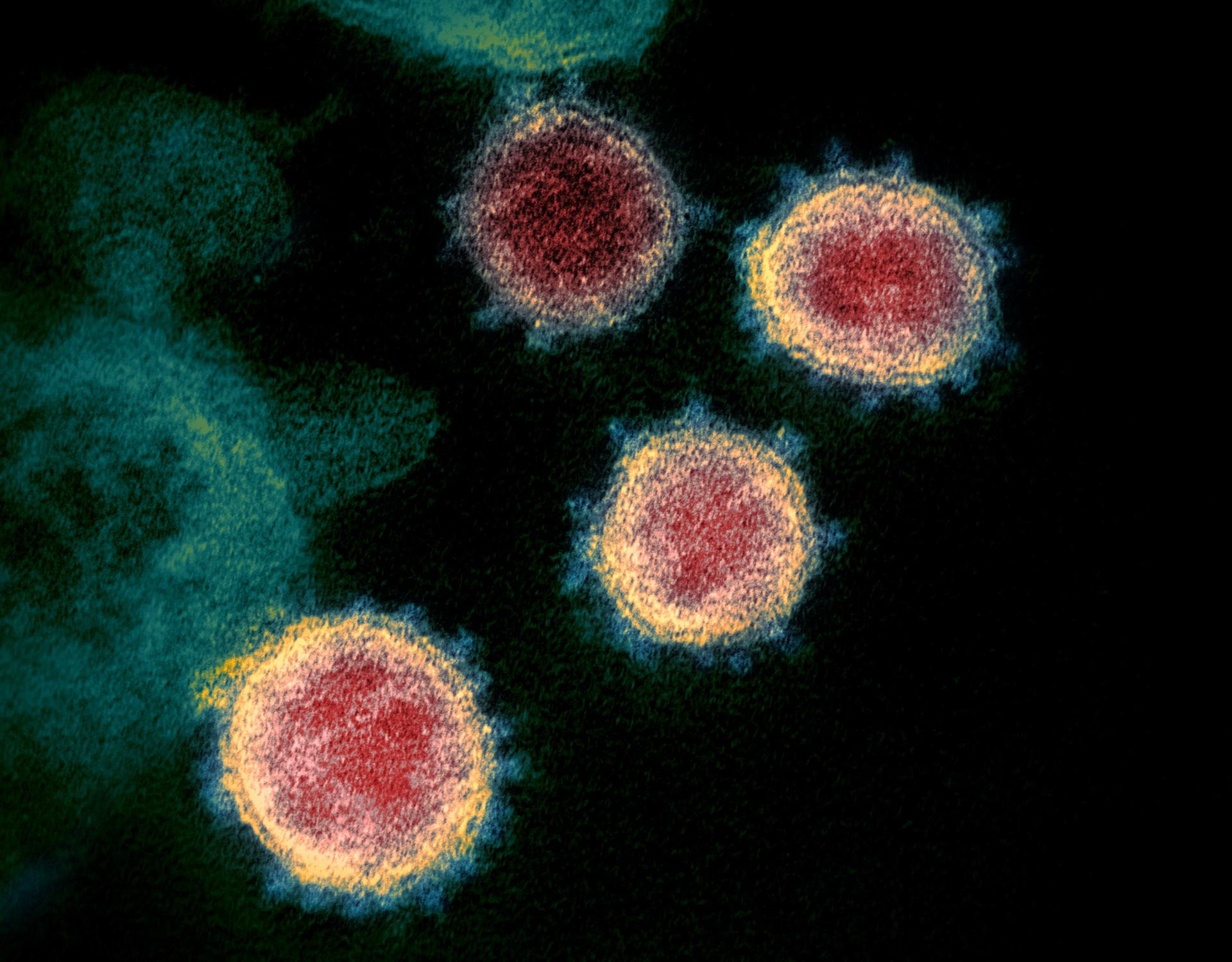Production of recombinant replication-defective lentiviruses bearing the SARS-CoV or SARS-CoV-2 attachment Spike glycoprotein and their application in receptor tropism and neutralisation assays
For enveloped viruses, such as SARS-CoV-2, transmission relies on the binding of viral glycoproteins to cellular receptors. Conventionally, this process is recapitulated in the lab by infection of cells with isolated live virus. However, such studies can be restricted due to the availability of high quantities of replication-competent virus, biosafety precautions and associated trained staff. Here, we present a protocol based on pseudotyping to produce recombinant replication-defective lentiviruses bearing the SARS-CoV or SARS-CoV-2 attachment spike glycoprotein, allowing the investigation of viral entry in a lower-containment facility. Pseudoparticles are produced by cells transiently transfected with plasmids encoding retroviral RNA packaging signals and Gag-Pol proteins, for the reconstitution of lentiviral particles, and a plasmid coding for the viral attachment protein of interest. This approach allows the investigation of different aspects of viral entry, such as the identification of receptor tropism, the prediction of virus host range, and zoonotic transmission potential, as well as the characterisation of antibodies (sera or monoclonal antibodies) and pharmacological inhibitors that can block entry.

